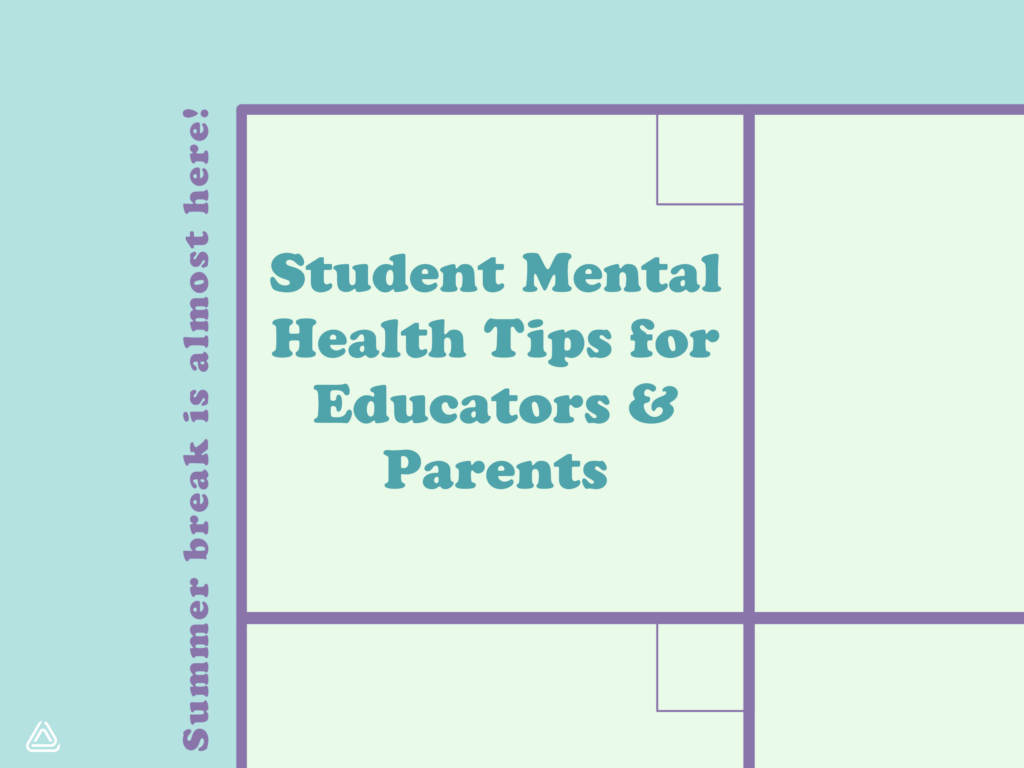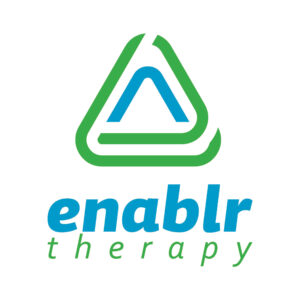
Often we think our students will be excited for the start of summer break, but that isn’t true for all of our students (or their parents). Children with emotional or developmental challenges typically struggle with the lack of structure that summer break brings. That, in turn, can have a significant impact on their parents and household. Here are some tips for both educators and parents as we prepare students for the long break ahead.
Mental Health Tips
Tips for Educators:
- Be Aware: Understand that as summer break approaches, you might notice increasing anxiety or an uptick in difficult behaviors presented by your students. While some students may be excited, others might be feeling nervous and apprehensive that their routine will be significantly altered, particularly children who are already prone to anxiety. Be supportive of your students and ask for help from their counselor or social worker if you notice specific mental health concerns.
- Maintain Expectations & Schedule: Keep your expectations high and maintain a consistent schedule as much as possible. Often the end of the school years brings changes such as testing, field trips, and special events. Do your best to keep the rest of the day as normal as possible to reduce anxiety in students.
- Offer Incentives: Use positive behavior incentives to keep motivation high. Some students check-out at the end of the year which can be a sign of their anxiety. Incorporating a themed incentive program can be a fun way to celebrate the end of the school year.
- Plan Engaging Activities: Allow students to channel their extra energy and excitement. Incorporate movement breaks into their day or offer opportunities for students to participate in a creative project. Also, give students a chance to connect with their classmates to express themselves. Encourage students to be honest with their feelings so that you can best meet their needs.
- Remain Calm: Keep your cool and manage your reactions. There will be instances when students will not manage their emotions appropriately. Know that an increase in negative behaviors is likely and it’s important to respond calmly. Take deep breaths and reflect on the why behind the behavior. Remember that It is likely due to excess energy, nervousness, or excitement as summer break approaches. As adults, our emotions are also heightened during this time of year, so a simple deep breath helps to keep our reactions calm
- Watch for Unintended Messages: Keep any countdowns until the end of the year low-key. While these can be fun for some students and teachers, keep in mind that this can raise excitement and energy levels or increase anxiety and nervousness for some. You don’t want to send the message to your students that you’re excited to be away from them or need a break from them specifically. If planning a countdown, use it as an incentive. Consider celebrating all that has been accomplished this year.
Tips for Parents:
- Follow a Schedule: Establish and maintain a schedule as much as possible. While there may be family outings and vacations that throw the normal schedule out of whack, consistent meal times and bedtimes may be somewhat easier to maintain. While it may be tempting to allow children to sleep in while catching a few extra Zs yourself, sticking to the same sleep schedule will make the child more comfortable and cooperative when it comes time to return to school.
- Use Visual Supports: Having a visual schedule can help, especially with children on the autism spectrum. Depending on the child’s developmental level, a visual schedule with simple pictures to a written calendar can be helpful. Keeping your child informed of the plans in advance can help ease feelings of anxiety they may have.
- Play Outside: Get kids outdoors and away from spending too much time on electronic devices. While some children would rather curl up on the couch looking at screens during the summer, this will only make it more difficult to break this habit when school starts back up. Besides, physical activity is good for the mind, body and spirit, especially for kids with energy to burn.
- Set Expectations: Establish clear behavior expectations. Kids feel safer when they know exactly what you expect of them and the rewards that result from good behavior. Identifying two or three of your most desired positive behaviors to consistently reinforce while trying to ignore as many of the negative ones as possible, teaches valuable lessons. Kids learn that they will be rewarded for desired behavior, and that acting out gets them nothing, not even negative attention. Remember that if you set limits such as 30 minutes a day of earned computer time, you should stick to them.
- Give Grace: Prepare for the possibility of seeing some regression and worsening behavior over summer break. Allow yourself grace for situations where it can’t be avoided. Remember to hold your ground and maintain a calm and firm response when things don’t go perfectly. Yelling or losing composure can escalate things, while giving in teaches your child that if he screams loud enough, he’ll get what he wants.
- Embrace Experiential Learning: Enjoy the moments of learning that don’t happen in the classroom. Take your child on a nature walk at a local park and look at the plants and animals. Spend time cooking together in the kitchen. Teach them about measurements and have fun at the same time. If you don’t have a pool nearby, you may find your child is just as happy playing in a sprinkler in the yard. Cherish the time spent together.
When you provide consistency and support to your children prior to and during school breaks, anxiety and other mental health or behavioral issues can be decreased, allowing for a more relaxing break for everyone!
Enablr Therapy believes that partnership with families and school partners is essential to successful therapy outcomes. Enablr therapy offers speech, occupational, physical therapy, and social work services to kids of all ages and abilities through school-based therapy services or online individual sessions. Contact us for more information.



